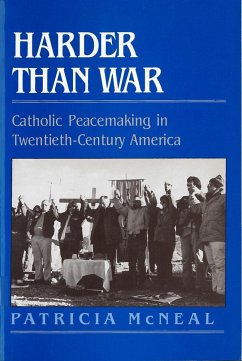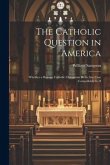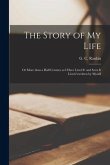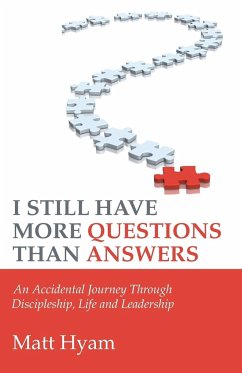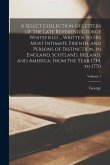Patricia McNeal's comprehensive study of American Catholic peacemaking in the twentieth century documents the growth of pacifism and nonviolence within the American Catholic community, and assesses its impact on the church and the nation. McNeal begins with the first official Catholic peace organization in the United States, the Catholic Association for International Peace, founded in 1927. An elitist lay organization supported by the church hierarchy, the CAIP based their opposition to war on the ""just war"" doctrine. With the emergence of pacifism among American Catholics in 1930s, Dorothy Day, co-founder of the Catholic Peace movement, added to the Catholic theological agenda the concepts of pacifism, conscientious objection, and nuclear pacifism. Dorothy Day and the Catholic Worker movement became the midwife in the formation of other Catholic peace organizations such as PAX, the Catholic Peace Fellowship, and PAX Christi-USA during the Vietnam War. Members of these groups cooperated with the broader peace movement in the United States. Their main focus became opposition to nuclear warfare and nuclear weapons. During the Viet Nam War, Catholic Workers burned their draft cards and turned from nonviolence to resistance by practicing civil disobedience. Daniel and Philip Berrigan escalated that resistance when they destroyed draft files, and symbolically poured blood over and hammered nuclear weapons to awaken the national conscience to the life-ending effects of nuclear warfare. McNeal concludes that Catholic peacemakers had the greatest impact not on the government but on the institutional church. In 1971 the American hierarchy judged that the Vietnam War was not a ""just war."" For the first time in the United States, and possibly in history, a national hierarchy announced as unjust a war being waged by its own nation.
Hinweis: Dieser Artikel kann nur an eine deutsche Lieferadresse ausgeliefert werden.
Hinweis: Dieser Artikel kann nur an eine deutsche Lieferadresse ausgeliefert werden.

